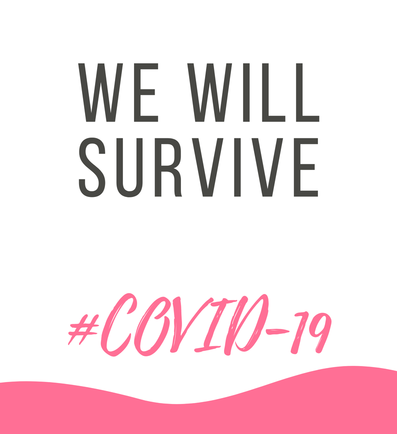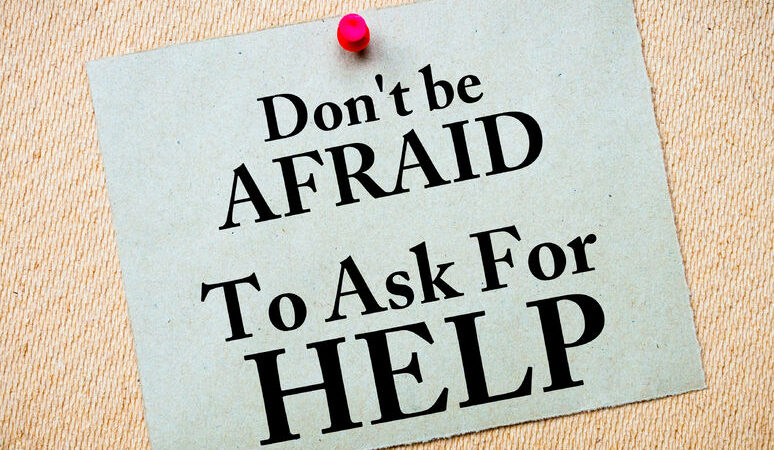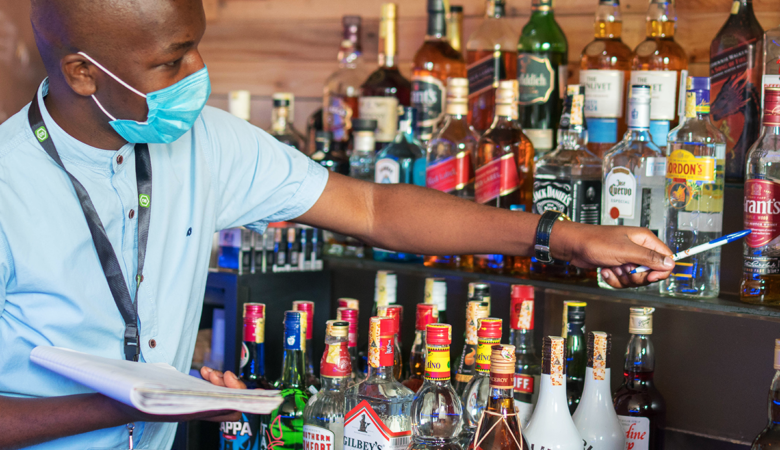Life has to go on during the COVID-19 pandemic and thereafter. It’s been three months since the first case was publicly reported in Kenya. We began with hearing basic hygiene guidelines then geographic containment measures and the case numbers are just growing in Nairobi and other counties. Some people have referred to the approach the government is taking as a creative and progressive, we are yet to really know. Last night, I listened to an announcement by a senior ministry official who said that those living in the areas where cases are being reported have the duty to take care of themselves. The community transmission stage is now beyond government control and contact tracing is not feasible anymore.
So, there you have it, you are on your own. People are now being asked to quarantine at home instead of going to hospitals. It is therefore safe to assume that since most of the patients are asymptomatic, the carriers are everywhere and anywhere. We are likely to see more and more cases reported daily. This pandemic looks to me like a slow but sure thing. Many people have been taking comfort about the slow spread in Africa but I chose to be cautious.
Many businesses have resumed, pretty much fully. Business revenues may be down but we are reclaiming ourselves as small businesses especially those in retail. We therefore have to take serious precautions. We should not drop the ball. This is the time when most people are carrying the virus. Be very careful if you have a pre-existing condition such as high blood pressure, diabetes, heart problems, HIV, cancer or any other. I strongly urge family businesses to be also extra cautious. We all know that it can infect everyone in your household and this could be devastating to many families. I support the reopening of the hospitality industry and continued operations of service businesses such as the beauty industry but these are high contact areas where both the businesses and patrons must begin being extra vigilant.
I recently heard a very devastating statement made by the Kenya Central Bank governor Dr. Patrick Njoroge. He claimed that “at least 75 percent of SMEs are facing closure by the end of June 2020 due to lack of funds”. I know many people have eaten into their capital as businesses were shut down or revenues completely wiped out after the covid-19 crisis hit us. We however must not accept to be written off. We must learn how to live with this pandemic because it will for sure come to pass. It is obvious that not much will be done to save our MSMEs in Kenya. In the eyes of many people, MSMEs represent an informal sector that is hardly tracked and whose contribution is not well understood.
Let me share a few statistics about the Kenyan MSME sector. MSMEs represent 98% of all businesses in Kenya and employ more than 80% of the working population. MSMEs generate 80% of new jobs annually and control over 86% of Kenya’s retail trade. MSMEs are the biggest source of revenue for county governments and hire the highest percentage of women and youth, offering income opportunities for our vulnerable populations. MSMEs will actually have a better bounce back rate than the larger corporate businesses.
It is in everyone’s interest to support our MSMEs. I just spoke to a banker who indicated that the biggest challenge is still security for loan facilities even for those businesses that should be having a bumper harvest in medical supplies. I have not heard any immediate measures to provide business loan guarantees to support these kinds of businesses. I heard about one for the tourism industry but none for those businesses that are likely to see a surge triggered by the pandemic. We all know that they are sectors that will thrive. As a business, we are currently working to support our MSMEs with technology to sell more during the pandemic but most importantly to support better survival in a future crisis.
Let’s take some time to look at life separately from our businesses. Think about your personal and business opportunities. Think about personal or family safety plus business resilience. What have you learned from the past three months? What would you do differently in the future? We must survive through the crisis and indeed thrive when it is all done.
By Dr.Dorcas Muthoni
CEO/Founder, OpenBusiness Africa





Leave a Reply